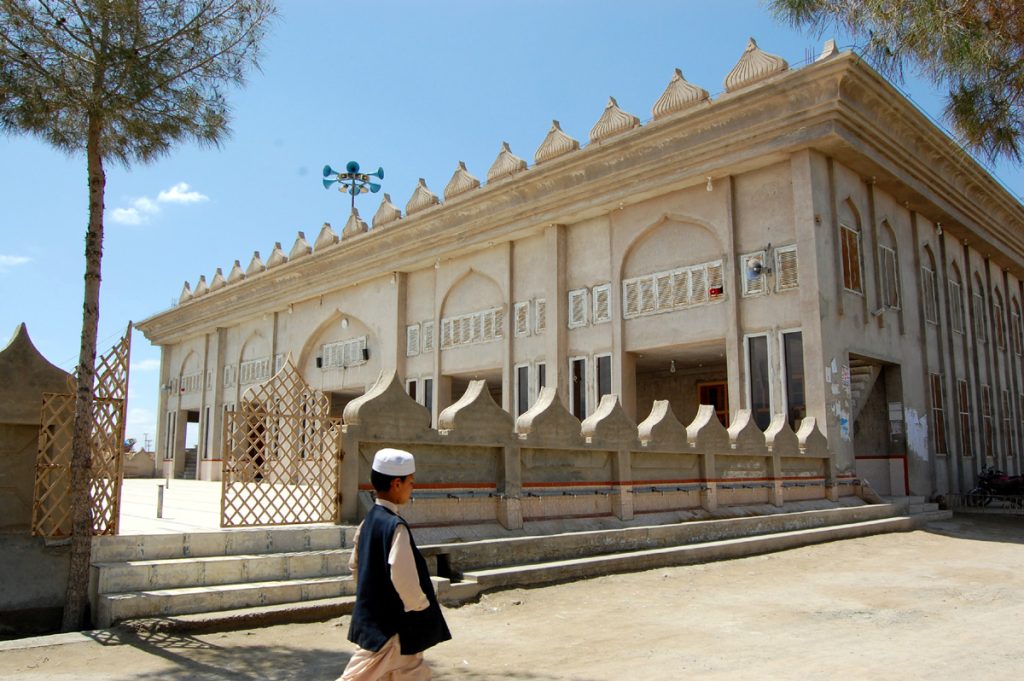
Lahore: Government, under National Action Plan against extremism and terrorism, had announced to register all of madaris (religious seminaries) in Pakistan and introduce reforms in their syllabus on priority, still it appears an uphill task due to confused situation and slow implementation of the policy.
Pakistan’s religious seminaries have long been blamed for harboring and sponsoring terrorists in the country. There have been evidences forwarded by intelligence agencies to successive government about their (seminaries) role in fanning radicalization. Seminaries role in polarizing sectarianism has also been witnessed.
An intelligence report forwarded to the Punjab government revealed that more than 3,000 students from FATA (Federally Administered Tribal Areas) were enlisted in 209 seminaries in Punjab.
Under the National Action Plan to rid the country of terrorists and extremists, the registration of seminaries is one of three phases of the strategy devised to curb terrorism. The recently slain home minister of Punjab, Shuja Khanzada, had revealed in a press conference on February 14, 2015 that of 12,000 madaris in Punjab, half were unregistered.
Federal Interior Minister Chaudhry Nisar Ali Khan told media on September 7 after a meeting with representatives of Wafaqul Madaris (Federation of Seminaries), “All of the clerics agreed for registration and reforms of the seminaries. But, they want a simple way of registration for which government has constituted a committee that would review the process and will make it easy.”
But where the leaders of different school of thoughts agree with the government, they differ at the meantime on many fronts. They consider it the willing suspension of disbelief on the part of the government to turn a blind eye from real factors.
Maulana Tahir Ashrafi, Chairman of Pakistan Ulema Council, told News Lens Pakistan that there were 24,000 madaris (seminaries) in total in Pakistan, of which, 13,600 came under Pakistan Ulema Council.
Maulana Ashrafi revealed that details of seminaries’ registration, audit and funding had been forwarded to the Interior Ministry.
On the promotion of radical Islam these seminaries have occasionally been blamed for, Maulana Ashrafi underlined the need to change the mindset of the people. “We have arranged the training for 700 khateeb (orators) in our seminaries to make sure students are more flexible in their approach and do not tilt towards radicalization and extremism,” he said.
However, he held the government equally responsible for this mindset and extremist behavior of the people. “Many universities in Pakistan are supporting or showing tolerance to student unions having links with extremist organizations,” he claimed, questioning the writ of the government there.
Maulana Ibtisam Ilahi Zaheer from Ahle Hadith school of thought lashed the government for targeting seminaries. “The government should regularize the funding of non-government organizations (NGOs) first before the accountability of seminaries,” he said.
He told News Lens Pakistan that there were more than 2,000 seminaries belonging to Ahle Hadith and not all were registered as they were not bound to do so. “What’s the big deal if some terrorists’ linked were traced back to some seminaries, such linked were also found in universities,” he said.
On seminaries role in promoting sectarian violence, Allama Raghib Naeemi representing Brelvi School of thought called it a fiction that had been constantly reinforced in the country. “The Sephora incident in Karachi where more than 50 people were killed in a bus firing was not carried out by students from seminaries, it was carried out by university graduates in Karachi who did that at the behest of some foreign elements,” he pointed out.
He lamented the fact that though many terrorists had been trailed down to seminaries but all seminaries are not producing such extremists. “The interior minister himself has revealed that there are 250 seminaries involved in terrorists activities, but why the government does not take any action against them,” he detailed, questing government’s will on the issue.
There are more than 8000 seminaries across the country, which belong to Brelvi School of thought.
But the most different views come from Allama Abbas Kumaili who strongly recommended the need for registration of seminaries from all sects. “Running a seminary has become a profitable business in Pakistan and any group with terrorist designs can open it and preach his school of thought to students who cannot to afford to go for regular academic institutions,” he noted.
Allama Kumaili also underlined the need to streamline the curriculum of seminaries and purge this from hate literature.
The government is equal partner in the crime if any terrorist originates from these seminaries, as only registration of seminaries is not going to serve the purpose. The government needs to go beyond and continue to be vigilant to any evidence of terrorism activity that pops up in intelligence reports on registered and unregistered seminaries.



